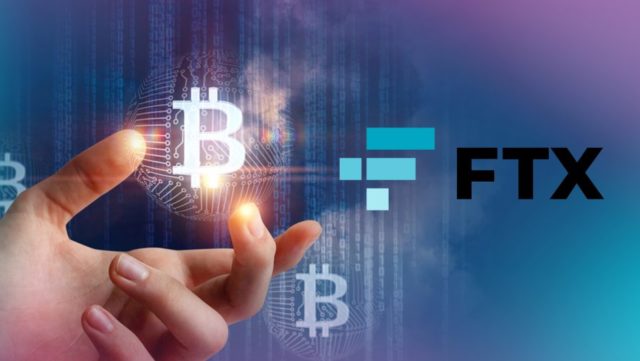The Brazilian Federal Reserve has announced that residents of the country who trade cryptocurrencies need to pay income tax even if they do not convert digital assets into fiat currencies.
Thus, the Brazilian tax authorities obliged all citizens of the country to pay tax on income from any cryptocurrency exchange. For example, when exchanging bitcoin for ether, even if there was no conversion to Brazilian real or other fiat currencies. True, there is a certain indulgence – transactions over 35,000 reais ($7,250) per month should be taxed.
At the same time, the document does not specify how exactly the owner of cryptocurrencies should determine the capital gain, because there was no conversion. However, officials argue that taxes must be paid:
“Capital gains from the sale of cryptocurrencies, when one of them is directly used to acquire another, are subject to personal income tax. Even if the received cryptocurrency was not previously converted into reals or another fiat currency. Capital gains are exempt from income tax if the total value of sales of all types of crypto assets or virtual currencies, regardless of their name, in a month is equal to or less than 35,000 reais.”
Brazilian MP Kim Kataguiri believes the tax authority’s demand is illegal. He emphasizes that the personal income tax provision states that capital gains occur only when it comes to currency. In the case of trading crypto assets, there is no capital gain – it’s just the exchange of one asset for another. The MP called on the local National Congress to block the document.
Recall that at the end of April, the Federal Senate of Brazil adopted a bill giving the executive branch the right to develop laws to regulate cryptocurrencies.
Source: Bits
I’m James Harper, a highly experienced and accomplished news writer for World Stock Market. I have been writing in the Politics section of the website for over five years, providing readers with up-to-date and insightful information about current events in politics. My work is widely read and respected by many industry professionals as well as laymen.







